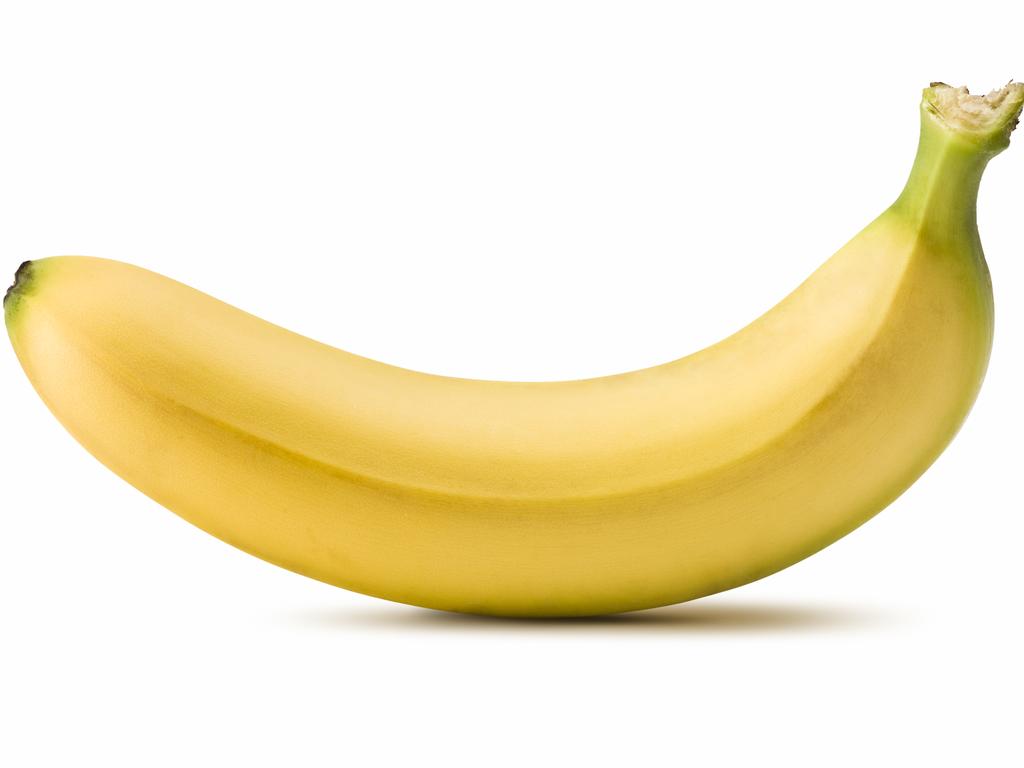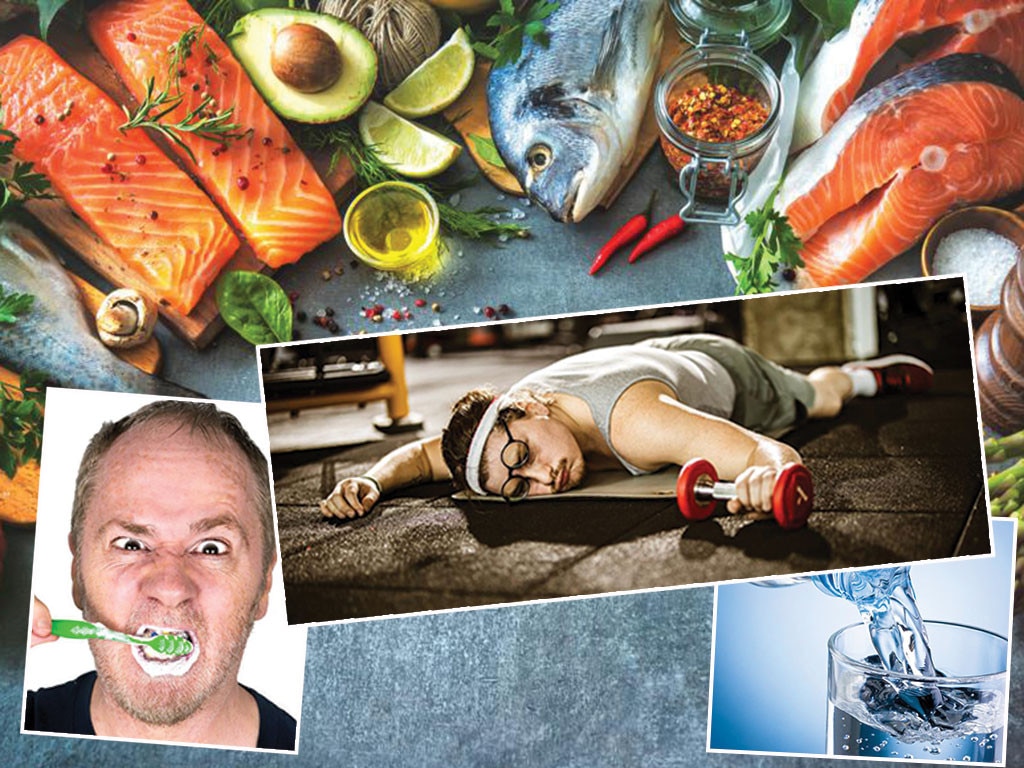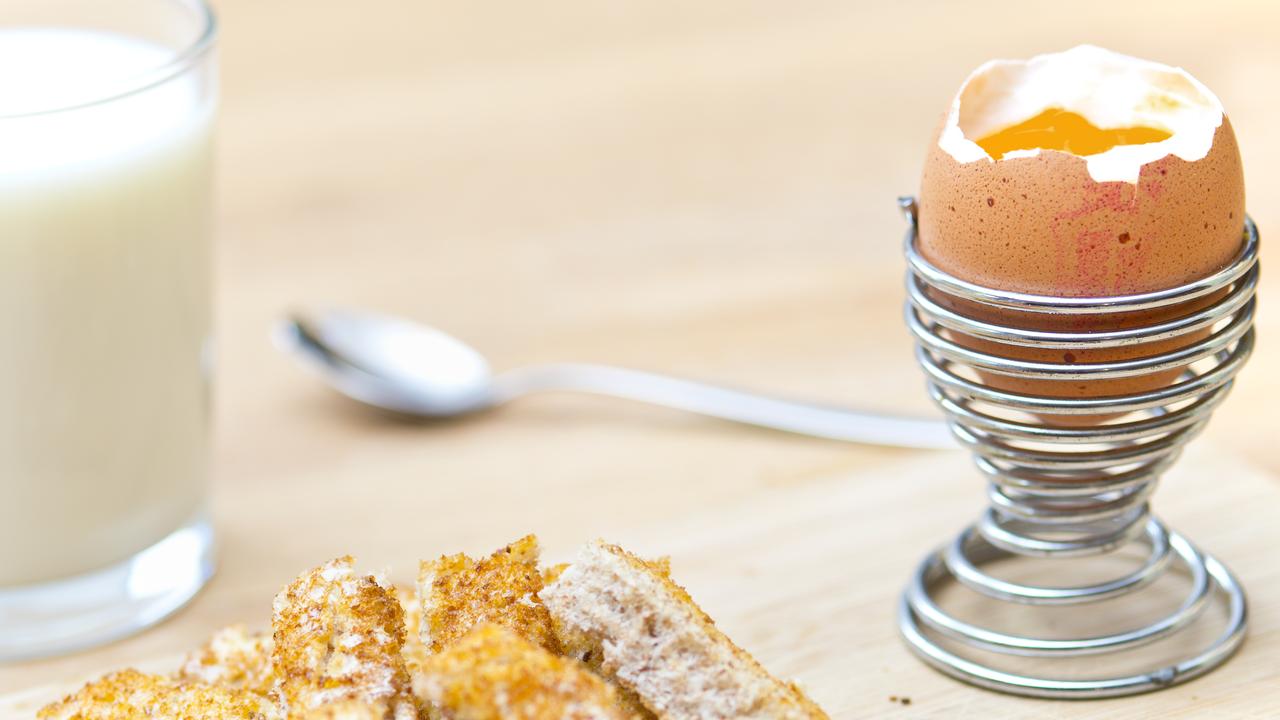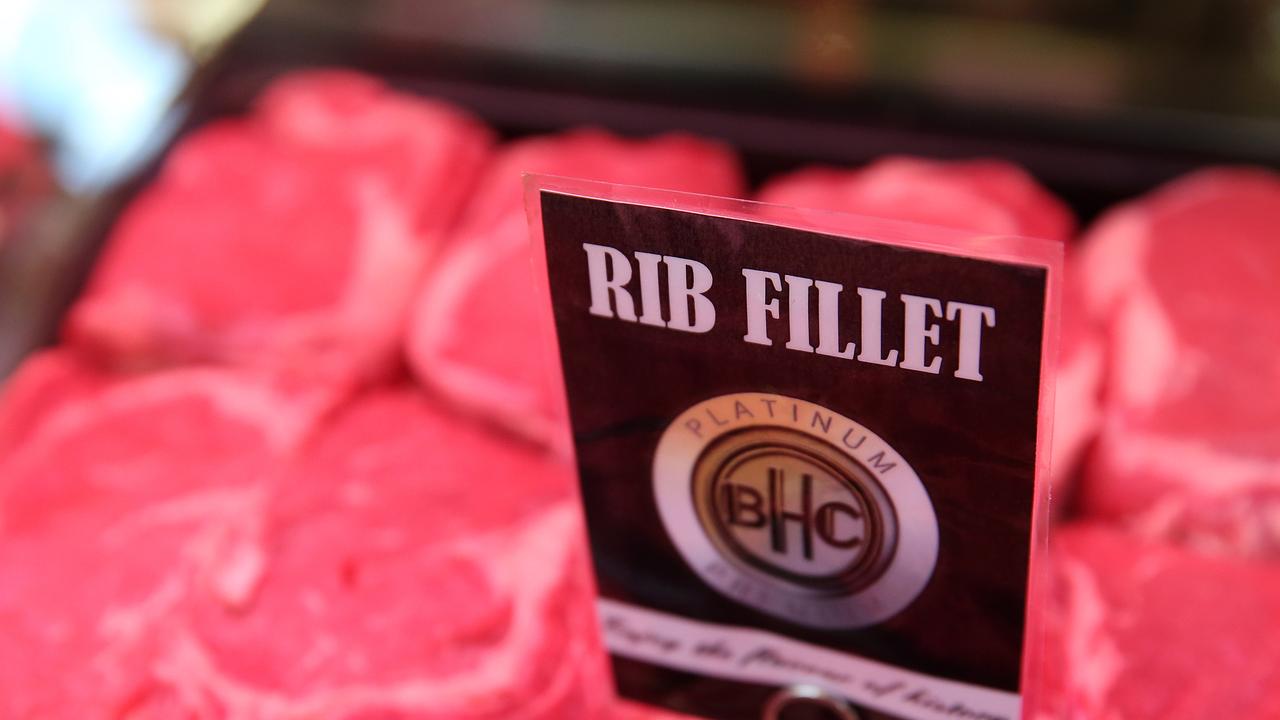Here’s the skinny on ‘good’ and ‘bad’ fats
Weight gain and obesity are linked not only to the amount of calories consumed, but also the type of fat eaten, says new study.
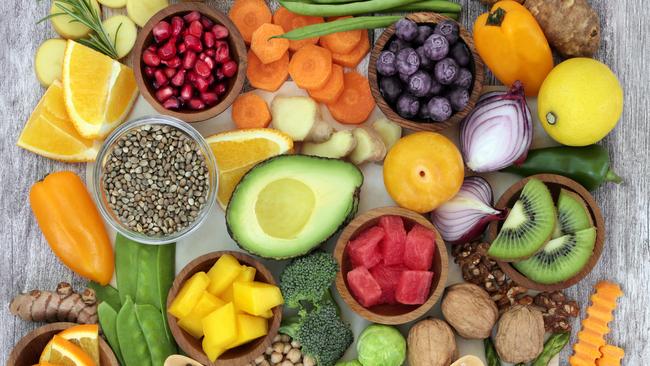
Weight gain and obesity are linked not only to the amount of calories consumed, but also the type of fat eaten, a new study has found.
Those with a diet high in “good” polyunsaturated fats from nuts, seeds, avocado, fish and olive oil had a lower incidence of obesity than those who ate a higher proportion of “bad fats” from meats, butter and cheese. This was seen even when the overall intake of calories was the same.
The Deakin University study found those who ate foods with higher proportions of saturated fats from animal sources were 25 per cent more likely to be obese. Findings were drawn from data contained in the UK Biobank, a large cohort of people aged 40-69 tracked for six years.
Barbara Brayner, from Deakin University’s Institute for Physical Activity, said the research adds to evidence that those eating diets containing more unhealthy fats increases people’s risk of developing obesity in later life. However, other studies have shown eating saturated fats is not associated with weight gain and fats in products such as dairy foods behave beneficially in the body even though they are saturated fats.
“We know … a diet high in calories can lead to weight gain, but … not all fats will have the same effect on our weight and … health,” Dr Brayner said. “So people eating a diet with butter, high-fat cheese, processed meats and lower amounts of healthy fats like nuts and seeds, or avocados or olive oil developed obesity, despite a similar caloric intake to those eating more healthy fats.”
“What this indicates is that by making changes to our diet, like add a quarter of an avocado to our morning toast instead of butter, and snacking on nuts and seeds, could help us incorporate these fats into a daily routine.”
Molecular nutritionist Emma Beckett, from the University of Newcastle, said it was unlikely that good fats energetically behave differently to bad fats, but reasons for the different associations with obesity related to overall dietary patterns.
“Bringing the fixation off energy is a good thing, but putting the fixation on just fat is not necessarily a good thing,” Dr Beckett said. “Because if you made a processed food … high in the good fats, it wouldn’t necessarily have the same health benefits as the food that’s naturally high in those good fats. So you could probably see this same pattern if you looked at other things … higher in those foods as well, like fibre or antioxidants … the real take-home message is in the dietary patterns they identified.”
Heart Foundation senior food and nutrition adviser a Jemma O’Hanlon said eating plant-based polyunsaturated fats tended to lower bad cholesterol and increase good cholesterol.



